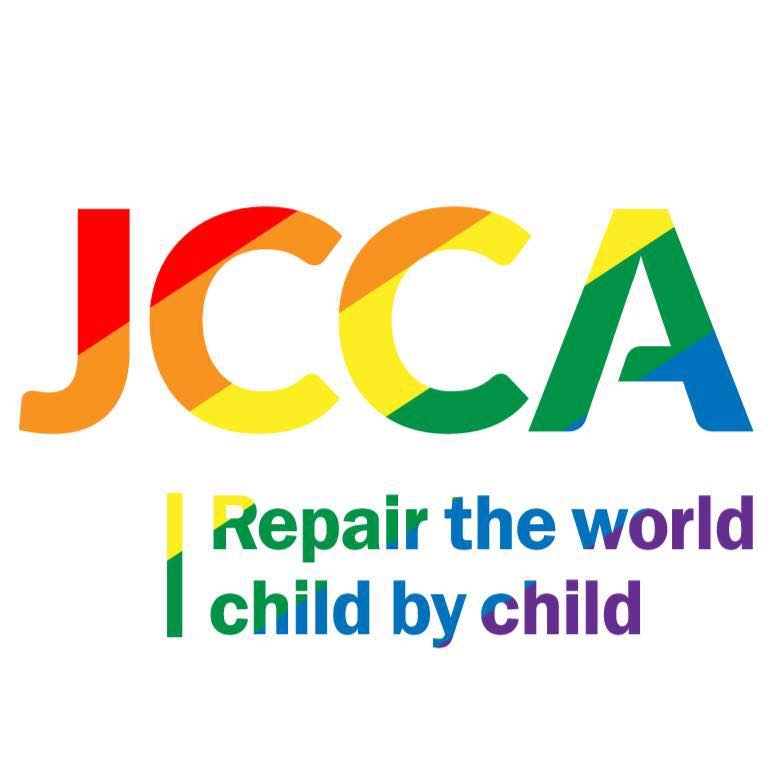
State Supreme Court Judge Charles Wood issued a decision that grants a temporary restraining order, (TRO), blocking JCCA, (Jewish Child Care Association), from relocating migrant children into its Pleasantville campus. The TRO was requested by the Town of Mount Pleasant, who is suing JCCA for violating the Town’s zoning code by attempting to move the unaccompanied migrant children into the Pleasantville Cottage School. In a counter lawsuit, JCCA is suing the Town for not permitting them from temporarily relocating the children on the campus.
Judge Wood writes, “JCCA has entered into a contract with the federal government (Office of Refugee Resettlement “[ORR]”) to house unaccompanied migrant children (“UC”) from other countries. JCCA advised the Town of its “new Shelter Program on campus” in an email to Town Supervisor Carl Fulgenzi from Wendy Perlmutter Finkel, Director of Government Relations, on March 27, 2024.
“Said fact sheet refers to an “influx care facility” and “emergency intake sites.” It is unclear to the court which JCCA seeks to be, or whether it plans to be both. An “influx care facility” is defined by ORR as “a type of care provider facility that is opened to provide temporary emergency shelter and services for unaccompanied children during an influx or emergency. Influx facilities may be opened on Federally owned or leased properties, in which case, the facility would not be subject to State or local licensing standards; or, at facilities otherwise exempted by the State licensing authority.
“The “Cooperative Agreement” between ORR and JCCA and the fact sheet are like ships passing in the night, as they do not utilize the same terms. Nowhere in the Cooperative Agreement are the terms “influx care facility” or “emergency intake site.” The sole mention of a state licensed facility in the fact sheet is “Presently, all ORR-funded state licensed and influx care facility services include … (classroom education, mental and medical health services, case management, recreation, and unification services… “).
“Defendant argues that there is no change of use, and that the services it will provide to UC are the same as the children it has serviced for over 100 years. In its email to Supervisor Fulgenzi on March 27, 2024, JCCA represented: “This program will not increase the overall census on camps, as there has been reduced census in other campus programs.”
“Plaintiff Town of Mount Pleasant adopts and focuses on the term “shelter” from the Finkel email, and its Building Inspector has opined that “shelter operations” would violate the Town Zoning Code and would require a variance. Plaintiff also notes that the ORR website defines the term “care provider” as “any ORR funded program that is licensed, certified or accredited by an appropriate State agency to provide residential care for children, including shelter, group, foster care, staff-secure, secure, therapeutic or residential treatment care for children.” Shelter care is then defined: “A shelter is a residential care provider facility in which all of the programmatic components are administered on-site, in the least restrictive environment.”
In a recent application to the NYS OCFS (office of children and family services), JCCA requested an “Operating Certificate of a program operated at the direction of the United States Department of Health and Human Services Office of Refugee Resettlement” authorizing it to operate an 8 Bed UC Facility3 as an “Institutional Setting for the exclusive care of Unaccompanied Children”
But Judge Wood points out that “JCCA has maintained the position that its contract with ORR calls for 24 UC, and that it seeks to house 24 UC, despite OCFS only licensing it for 8 UC.”
Wood’s decision continues, “The fact that OCFS and/or JCCA felt the need for this new, separate operating certificate tells the court that this is a new and different use.
“In applying the established principles regarding the granting of a preliminary injunction, the court looks at the following factors: l) probability of success on the merits; 2) whether plaintiff will suffer irreparable injury without the requested relief; and 3) a balance of the equities/maintaining the status quo
“Here, the second two factors weigh heavily toward the plaintiff. In terms of maintaining the status quo, it is undisputed that JCCA has housed children for over 100 years and has obviously survived and remained in business on the existing sources of children that have been housed there during that time. The federally run and funded UC Shelter Program is a new and potentially lucrative source of revenue for JCCA, but it certainly does not represent the status quo when UC from outside New York State (and from other countries) have never been cared for by JCCA previously. Nothing in the proposed injunction would bar JCCA from continuing its existing programs that have traditionally served children who are New York residents. Importantly, the Town acted swiftly to seek redress from the courts upon being advised by JCCA of its impending plan. No UC had moved into the defendant’s campus, and the buildings at issue had been vacant since September 2023.”
“The documentary evidence clearly indicates that the new Shelter Program has substantial differences from the existing use. Whether it is a “shelter” or “institutional setting for the exclusive care of Unaccompanied Children,” it is enough of a change to reasonably trigger enforcement of the Town’s Zoning Code on behalf of its residents.
“Here, at this stage, the court agrees with the Town’s position and its right to enforce its zoning code. The permitted principal, accessory and special uses in the Town’s residential zone R-20 all share a common trait: they offer a benefit and/or protection to the subject landowner or the surrounding residents of the Town. From the information available to the court on this record, the proposed Shelter Program appears to be a change in use and offers no benefit to the homeowners in the subject R-20 residential zone.
“Also, as noted in the Site Plan Approval from June 7, 2018, “Any change in use, alteration or modification to the Site Plan, or to the existing or approved facilities and site shall require review and approval by the Planning Board of the Town of Mount Pleasant”
Judge Wood did set a $1.5 Million liability amount that JCCA could recover from the Town if they are awarded damages in any future judgement.
The TRO is just that, temporary, and the matter will have to be adjudicated by another court and a future date.
Problems at the Pleasantville Cottage School have included over 1,000 responses by the Mt. Pleasant Police Department in 2022 and 2023. Mount Pleasant Supervisor Carl Fulgenzi has been discussing this issue for more than two years.
“Some people continue to maintain that the town’s stance on the JCCA is a political issue, but the very real problems at the facility that our first responders are confronting should alarm everyone with oversight responsibilities,” said Fulgenzi, who has called for the school to be closed.
State Senate Majority Leader Andrea Stewart-Cousins is also aware of the issue at Pleasantville Cottage School and has been calling on the OCFS and the NYS Office of Mental Health to stop placing children and teenagers with mental illness in residential treatment centers including the Pleasantville Cottage School.
The large number of 911 calls to the school, and the concerns raised by the town, were all made before JCCA attempted to place UC there.





